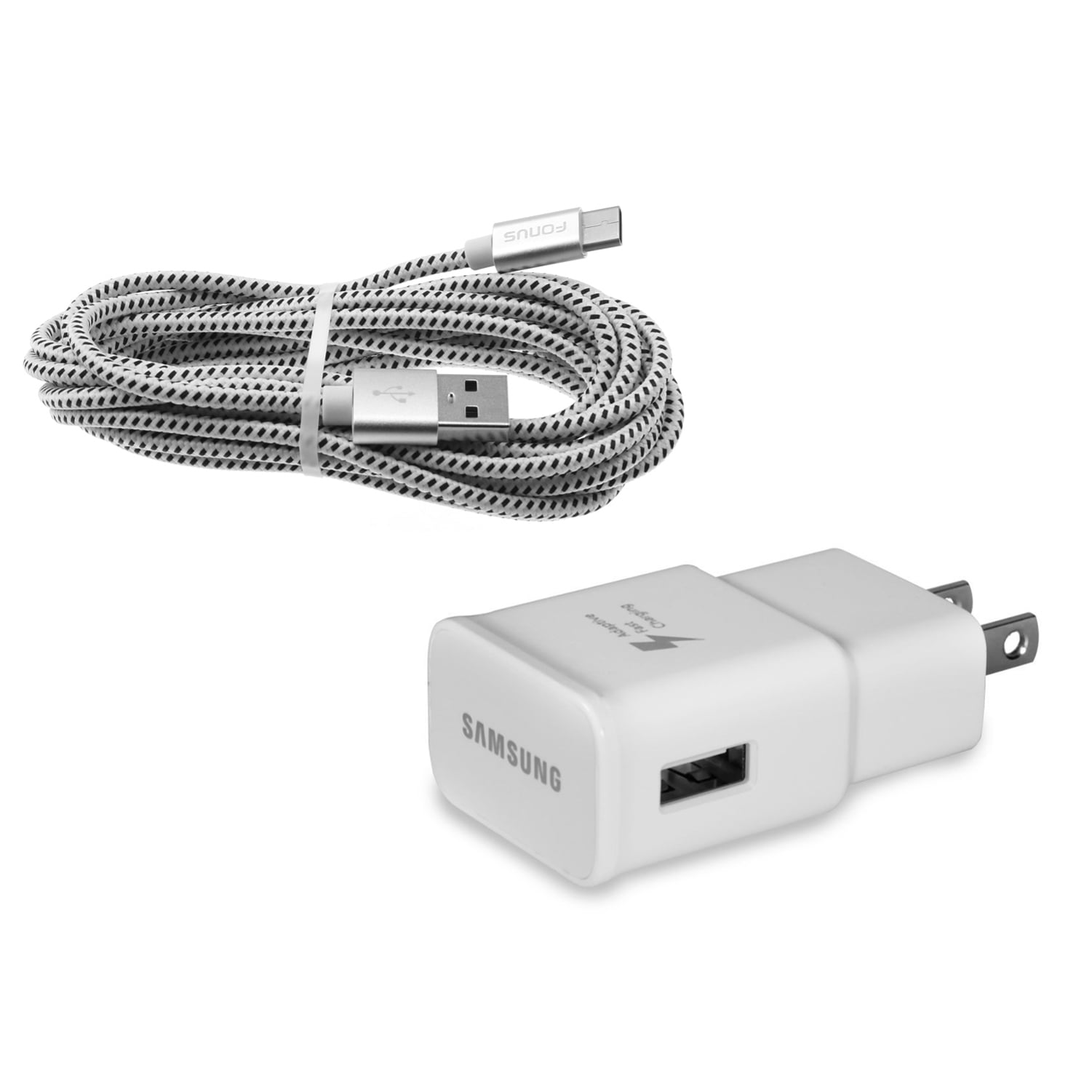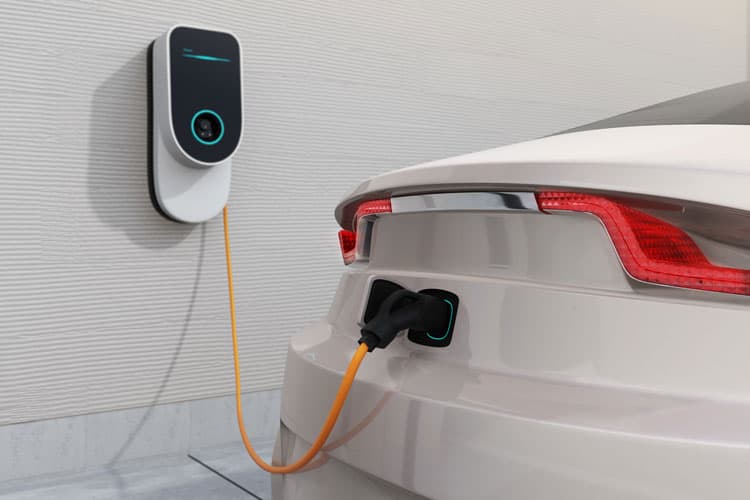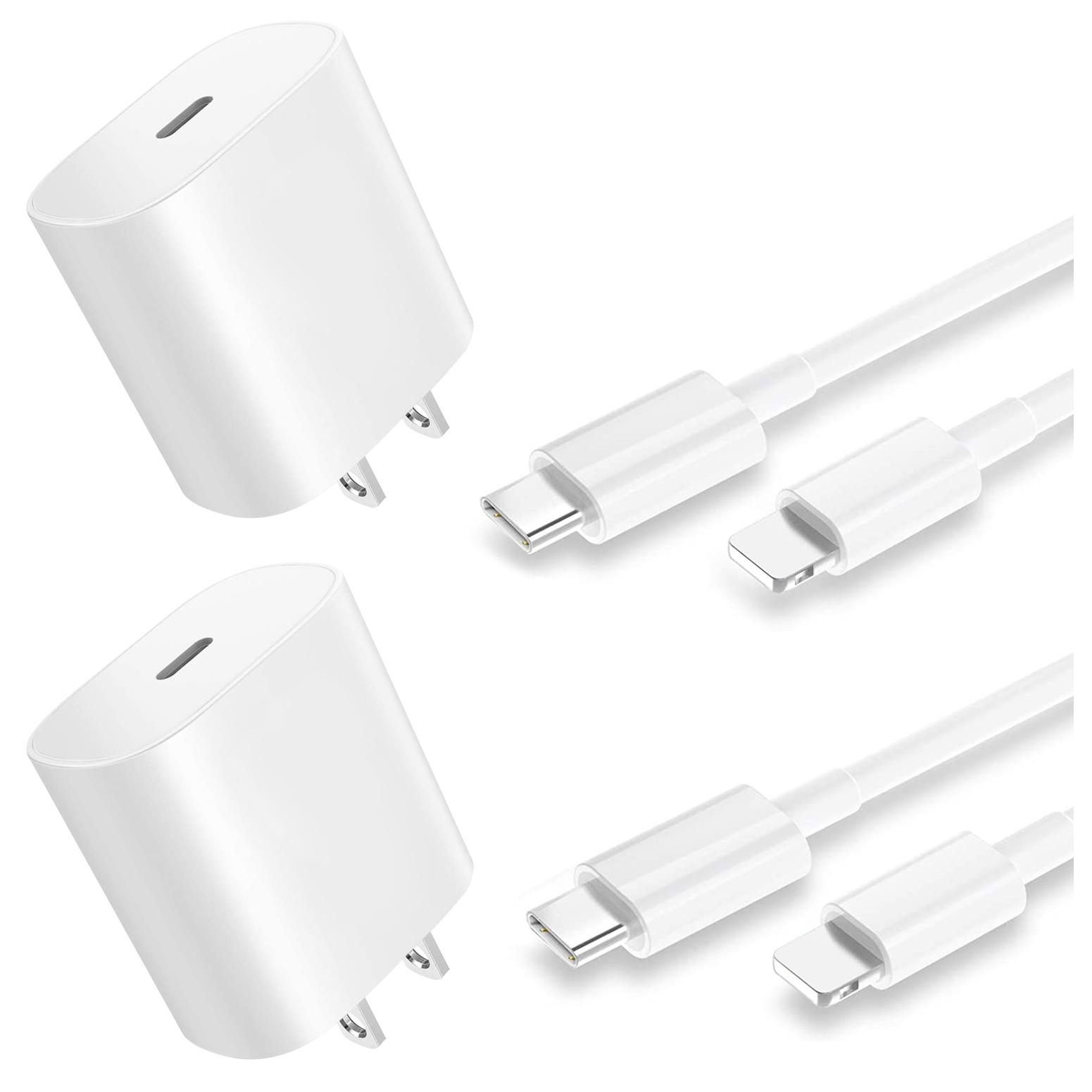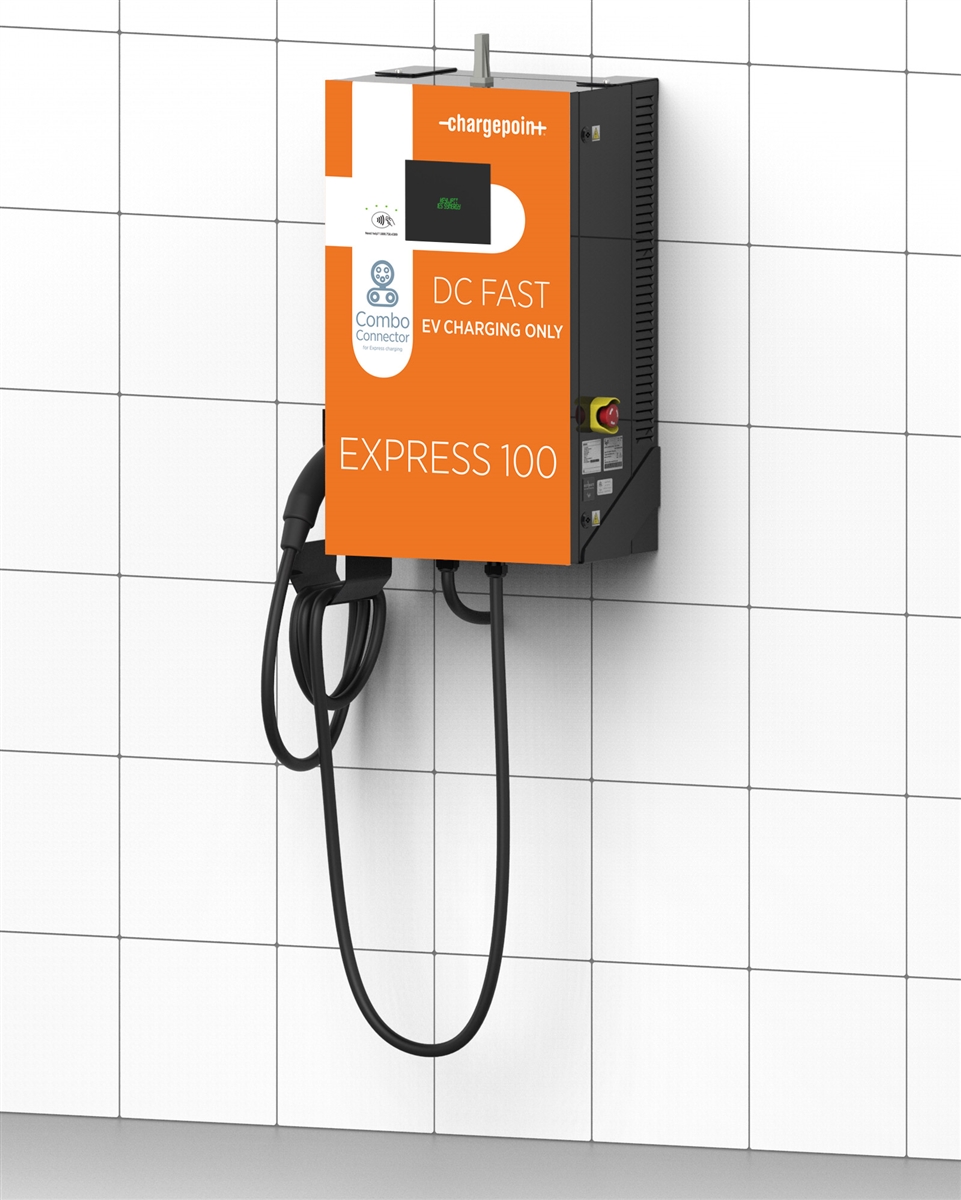Table of Content
There is also Tesla’s proprietary plug, which is used on their Superchargers. Level 2 charging is a little faster and requires another household power supply. This type of charging needs the same supply and outlet that you would use for a clothes dryer or electric range. This is typically around 220 volts, double that of a level 1 charger. This is of course the fastest charging option available on the market today. Installing an EV charger at home can be easy and quick if you are prepared and know what you need to do in order to get started.

If you've got a regular, 120V household outlet, you can use a Level 1 charger. Outfitted with the same plug as you'd find on a blender or a vacuum cleaner, their strength is in their ubiquity. Drive your EV to a friend's place and, even if they don't have an electric vehicle themselves, you should be able to find a place to plug in yours. Level 1 charger is simple as each electric vehicle comes with a charging cord.
Are all Level 3 chargers the same?
Having one in a commercial fleet company is still a bit tricky because of the overhead costs, but there could very well be many commercial motor carriers that utilize them. There is a lot of fuss about level 3 chargers using DC voltage versus AC voltage. The truth is that this has little to do with how fast it charges. The bottom line is the vehicle only uses DC power for everything. The level 1 and 2 AC power gets converted to DC in the vehicle’s internal charging system. Since level 3 uses such high amounts of voltage, it gets converted to DC in the charging unit for safety and efficiency.

It is possible to add 25 miles per hour and a full charge overnight if you have 30 to 50 Amps and 120V. The average cost of a home charger in the US is between $1,000 and $1,200, but the government can give you a grant that will reduce the price. It is possible to get a federal tax credit that will cut the cost of your EV charging station by 30%. Your vehicle will get both single-phase AC and three-phase AC along with the DC high-speed charging capability with the combined charging system.
Is It Possible to Install a Level 3 DC Fast Charger at Home?
Tesla also intends to install some charging stations in many urban areas to help electric vehicle owners drive their vehicles without worrying about charge. Now many companies and governments install DC fast charging in many locations around the United States. Thus, using a designated app or quick search in Google for a DC fast charging station near me, you should be able to get your vehicle charged in a faster time while enjoying your road trip. One of the most common questions among new or potential EV owners is whether they can plug their electric car into a Supercharger. Not only is the plug unique to Tesla, the vehicles rely upon an authentication system to authorize the charging session and process the payment.
For example, Blink charges $0.39 to $0.79 per kWh or $0.04 to $0.06 per minute for Level 2 charging. Charging at a DC fast charge station costs from $6.99 to $9.99 per session. Has a database of certified and trusted electricians that have been trained in EV charging installations and know exactly how to complete your installation safely and efficiently.
We Buy All Cars, Running or Not!
For example, if your house is very old, some pre steps need to be done to ensure that the wiring and the electric connection are suitable for installing a DC fast charger. Level 1 chargers are often known as "trickle chargers" because they deliver power so slowly. As mentioned in the previous section, there is a ton of overhead to get in order.

Currently the fastest-charging car on sale is the Porsche Taycan, capable of speeds up to 270kW. CCS connectors are used to charge EVs at rapid and ultra-rapid speeds. The CHAdeMO is an electrical connector that was established and manufactured by Japanese companies such as Toyota, Nissan, and Mitsubishi. The purpose of the CHAdeMO was to create a charging standard that would be used across the EV industry. Both level 1 and level 2 charging methods use AC , and so are understandably slower than that of DC charging.
Other than DC fast chargers, there are two other forms of electric vehicle charging. Of the two, AC fast charging is the next best option to a DC fast charger. Pairing your EV with rooftop solar is a great combined energy solution.

If you’re building a brand new home from the ground up and you have more than $50,000 to spare on the structural needs of a DC charger, you could be in luck. But for the majority of homeowners, DC charging just simply isn’t available in homes. As a family-owned and operated business, we’ll treat your family just like ours – with courtesy and respect.
According to some sources , a Supercharger costs about the same as a Model S, around $75,000. Apparently other level 3 chargers start around $20,000, which is still half or most of the price of an electric vehicle. Again, a typical home-owner electric vehicle-owner won’t have that kind of dough for this project. Before we dig in, let’s look at how a level 3 charger differs from levels 1 and 2. A level 1 charger uses the 120-volt outlets that are wired into almost every home in the United States. Level 2 chargers use a 240-volt circuit, which is what is used to power appliances such as clothes dryers, ovens, welders, and so on.
However, you can easily charge up your car at one of the many DC charging points all over the country. EnergySage partners with Qmerit, a home EV charging installation leader who works with a trusted network of certified installers. They can help you quickly and easily install your home EV charger. Professional installation can cost anywhere between $200 and $1,200 depending on the company or electrician you work with, and this cost can rise higher for more complicated installs.
To use a DC fast charger, you should expect to pay between $0.40 and $0.60 per kW. However, this can vary depending on the type of charging station and the location of the charger. The other factor stopping DC fast chargers from being installed at homes is their extremely high cost. To own and operate a DC fast charger will cost you upwards of $50,000.


No comments:
Post a Comment